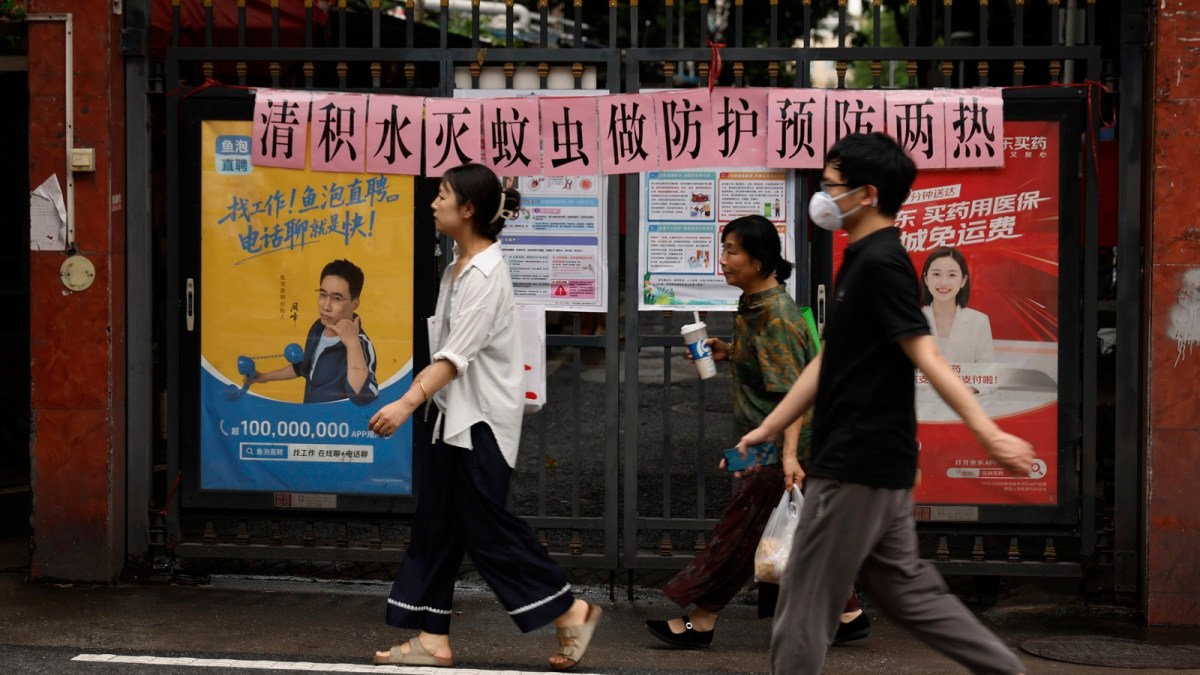Stay updated with the latest - Click here to follow us on Instagram
‘Blood samples taken in middle of night’: China’s Chikungunya fight sparks outcry over privacy rights
"This isn’t disease control. This is a violation of basic rights. If this can happen to children while their parent is working, who is safe?" one user wrote on Weibo.

When a single mother in Zhanjiang finished her night shift and returned home, she found something very disturbing: strangers, including a uniformed police officer, had entered her home in the night and took blood samples from her two sleeping children.
The mother, who had been working late to support her family, shared her story in a video that went viral on Chinese social media. In the video, she was seen saying that no one sought her consent. The footage shows officials entering her children’s bedroom in the middle of the night and taking blood samples, The Guardian reported.
The justification offered for the midnight intervention was her son showing signs of a fever and a local pharmacy which had flagged it to health authorities.
On Weibo, a hashtag related to the incident racked up nearly 90 million views, with many users questioning how far public health authorities should be allowed to go in the name of disease control.
The pushback comes amid a growing outbreak of Chikungunya virus, a mosquito-borne disease that recently emerged in Foshan, about 260 km from Zhanjiang, in Guangdong. So far, over 8,000 cases have been reported.
Local governments, under orders from Guangdong Governor Wang Weizhong on August 4 launched a campaign reminiscent of China’s strict zero-Covid era. Surveillance is back. Pharmacies must now report sales of fever medicines. Mosquito breeding grounds are being cleared. Citizens are being asked to monitor still water and step up personal mosquito protection.
Chinese media reported that the children were targeted after the pharmacy flagged the son’s symptoms and a local official said that attempts had been made to reach the mother. But public reaction has been fierce.
“This isn’t disease control. This is a violation of basic rights. If this can happen to children while their parent is working, who is safe?” one user wrote on Weibo.
While Chikungunya is rarely fatal with symptoms like fever, joint pain, and nausea, it poses risks to youngsters, the elderly, and those with underlying conditions. The virus cannot be transmitted between people but is spread only through mosquito bites.
Still, this outbreak is China’s first large-scale encounter with the virus, which has long been endemic in parts of Asia, Africa, and the Americas.
Authorities have stressed on the need for quick action, but public trust is still fragile after three years of pandemic control and is proving harder to manage.